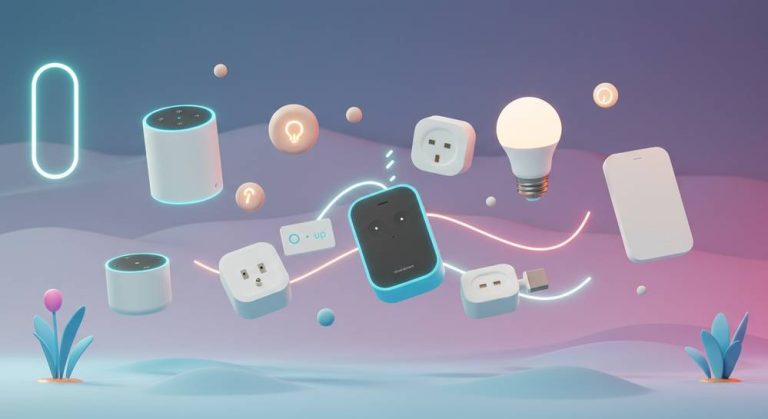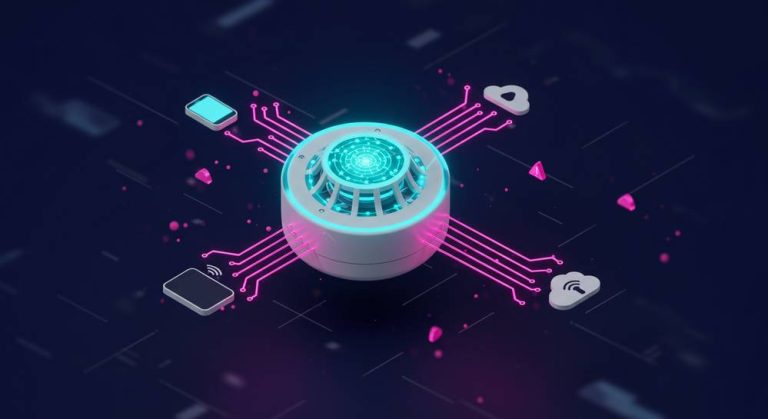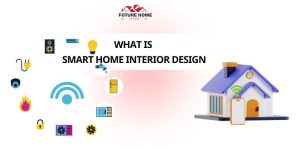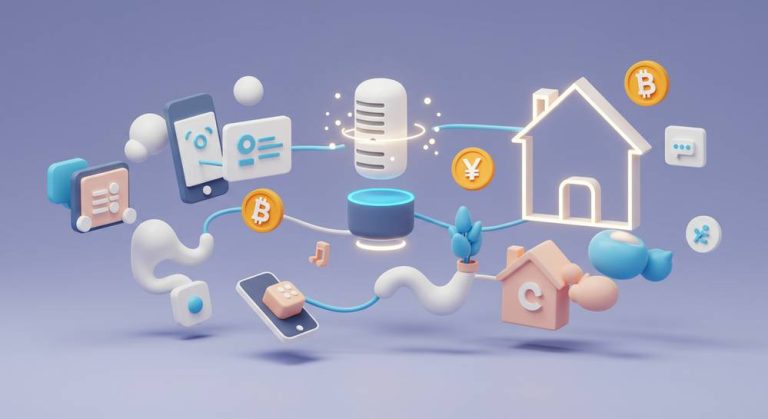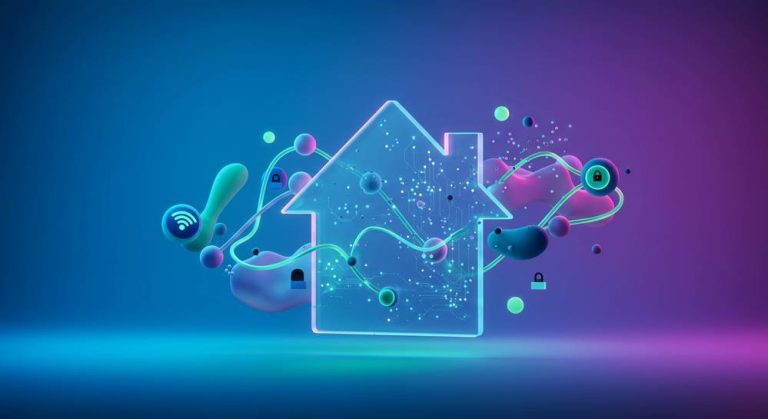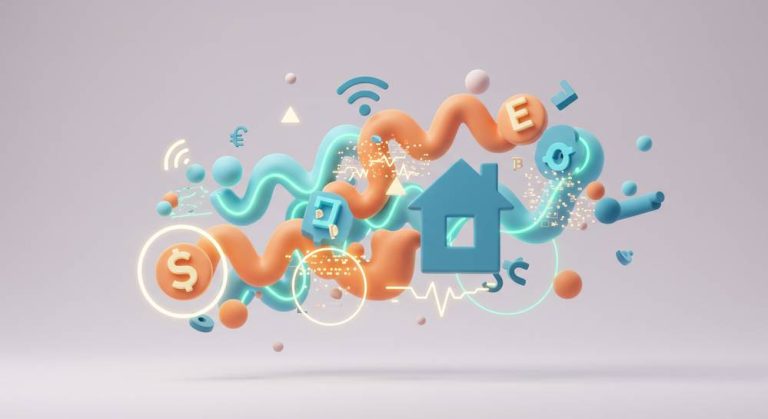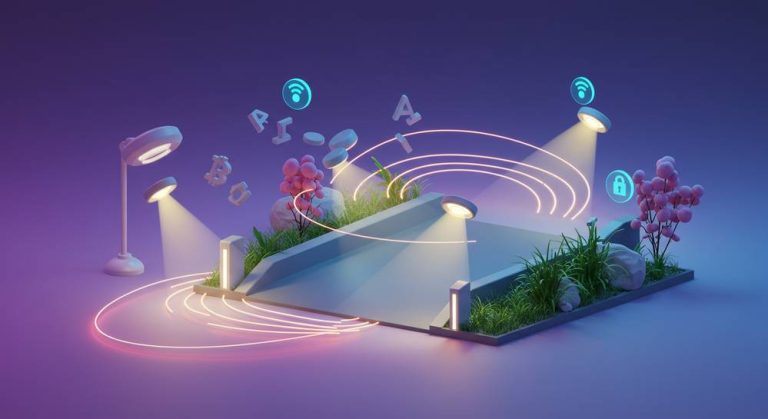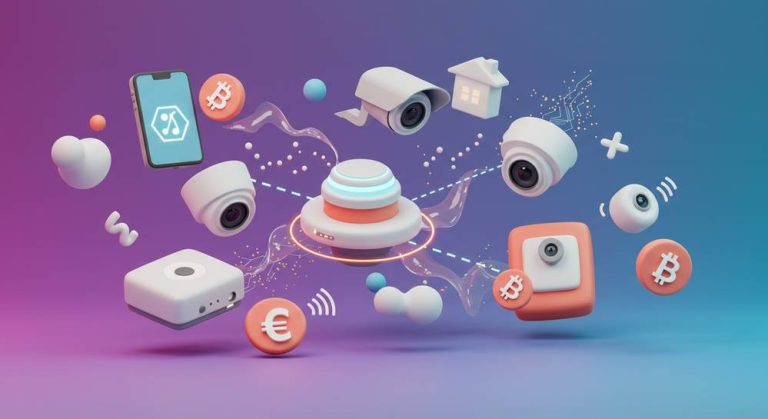How smart home technology will change lives is no longer a question of “if” but “when.” This cutting-edge innovation is set to redefine daily living, bringing unmatched convenience, energy savings, and enhanced security to homes worldwide.
How Smart Home Technology Will Change Lives?
Unmatched Convenience at Your Fingertips
One of the most immediate ways smart home technology will change lives is by redefining convenience. Voice-activated assistants like Alexa and Google Home already allow you to control lights, thermostats, and entertainment systems with a simple command. But the evolution doesn’t stop there. Imagine smart refrigerators that notify you when you’re running low on groceries or ovens you can preheat remotely via your smartphone while heading home from work. Your morning coffee could start brewing the moment your alarm clock signals you’re awake. This level of automation doesn’t just feel luxurious—it saves valuable time, making daily routines smoother and more efficient.
Energy Efficiency: Savings and Sustainability
Another game-changer lies in energy management. How smart home technology will change lives becomes evident when you consider its impact on utility bills and the environment. Smart thermostats, such as Nest, learn your schedule and adjust temperatures to optimize energy use, reducing waste when you’re away. Motion-sensing lights dim or turn off automatically, while advanced systems integrate with solar panels and battery storage to leverage real-time electricity rates. Studies suggest homeowners could cut energy costs by 20-30%, all while shrinking their carbon footprint. It’s a practical, planet-friendly shift that’s hard to ignore.
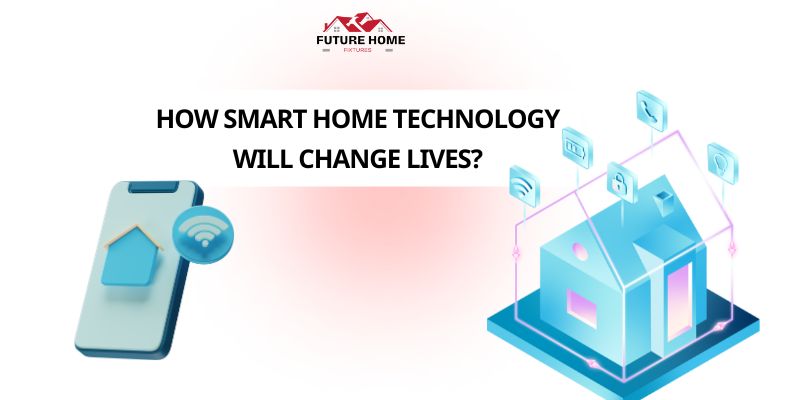
Next-Level Security for Peace of Mind
Security is a cornerstone of how smart home technology will change lives, offering unprecedented protection and control. Smart locks eliminate the need for physical keys—unlock your door with a smartphone app or a unique code, and receive instant alerts if someone tries to tamper with it. Doorbell cameras with facial recognition distinguish between familiar faces and strangers, streaming live footage to your device no matter where you are. Add in smart smoke detectors that text you during an emergency, and you’ve got a robust safety net that keeps you connected and informed, even miles from home.
Health and Comfort, Personalized
Beyond convenience and security, smart home technology will change lives by prioritizing health and well-being. Air purifiers can activate automatically when air quality dips, while smart mirrors might monitor your vital signs as you get ready for the day. Even beds are getting smarter, adjusting firmness to improve sleep quality based on your movements. For the elderly or those with disabilities, motion sensors can detect falls and summon help, while voice controls eliminate physical barriers. This personalized approach ensures homes cater to individual needs like never before.
A Social Shift with Trade-Offs
The rise of remote work has already reshaped lifestyles, and smart homes are poised to enhance this trend. Dedicated setups for video calls, adjustable lighting, and noise-canceling features could make working from home more productive. However, how smart home technology will change lives also raises questions about privacy. With devices collecting data on your habits—when you’re home, what you consume, or how long you spend in each room—there’s a risk of feeling constantly monitored. Balancing innovation with personal boundaries will be key as this technology evolves.
Challenges to Overcome
While the benefits are compelling, adopting smart home technology isn’t without hurdles. Initial costs can climb into the thousands, and compatibility issues between devices can frustrate users. A dropped Wi-Fi connection or power outage could also render your high-tech home temporarily useless. Yet, as prices decline and infrastructure like 5G improves, these barriers are fading, making smart home technology more accessible and reliable.
The Future Awaits
In the next two decades, how smart home technology will change lives could mirror the way electricity became indispensable. Homes will evolve from static spaces into dynamic partners, anticipating needs, enhancing comfort, and reducing environmental impact. Less hassle, greater control, and a lighter ecological footprint—that’s the promise of this transformation.
What aspect of smart home technology excites you most? Whether it’s the convenience, the savings, or the security, the future of living is closer than you think.
